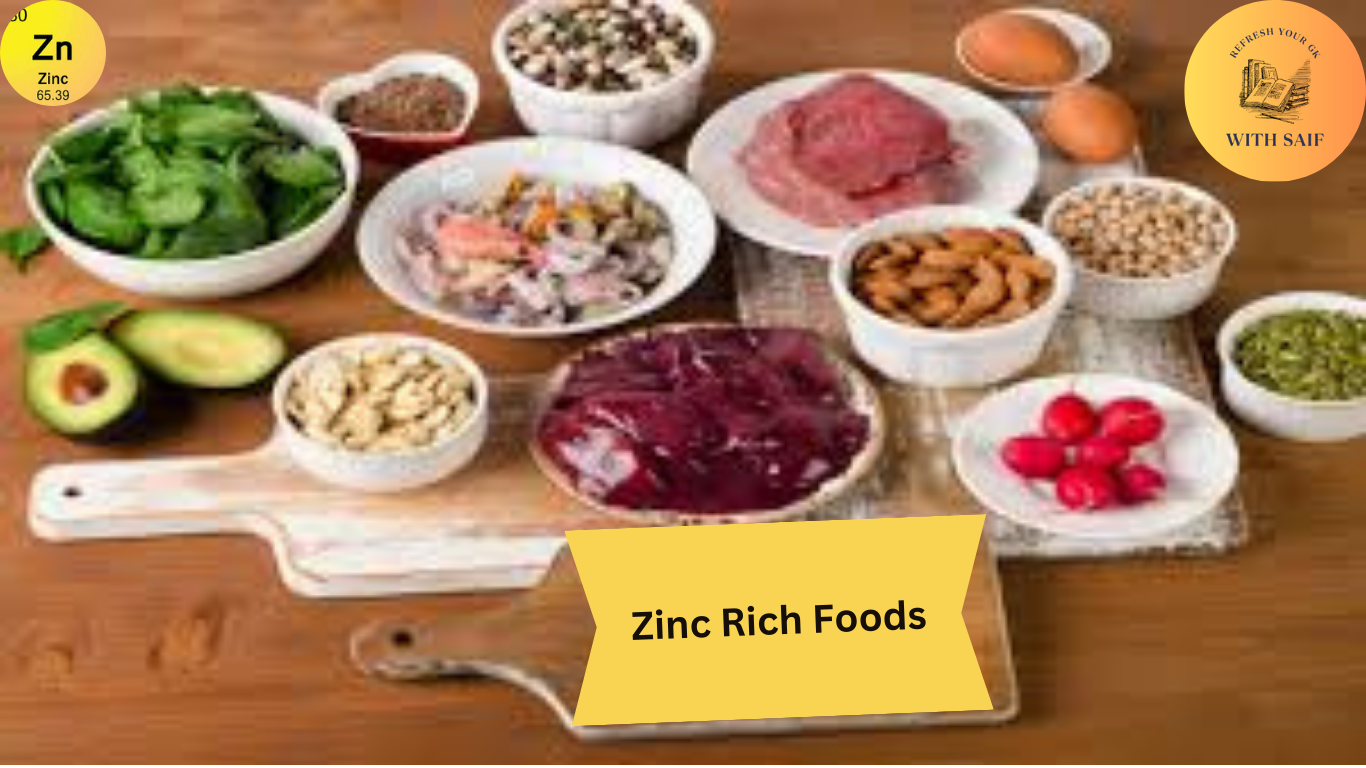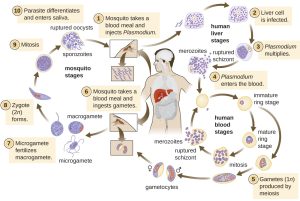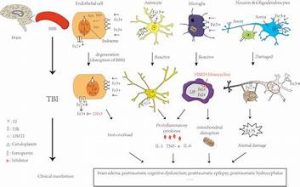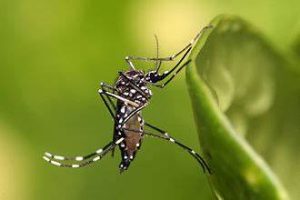Keywords: Zinc, hKeywords: Zinc, hair health, hair growth, hair loss, nutrition, diet, RDAair health, hair growth, hair loss, nutrition, diet, RDA
Introduction:
Zinc, an essential mineral found in every cell of the body, plays a crucial role in maintaining overall health and well-being. Often overlooked, zinc is involved in a multitude of biological processes, from immune function to protein synthesis. Among its many benefits, zinc is particularly important for promoting healthy hair growth and preventing hair loss.
Zinc and Hair Health:
Zinc plays a pivotal role in the hair growth cycle. It is essential for the synthesis of keratin, the main structural protein of hair. Zinc deficiency can disrupt the hair growth cycle, leading to hair loss, thinning, and brittle strands. Additionally, zinc contributes to the production of sebum, the natural oil that lubricates the scalp and keeps hair moisturized. Inadequate zinc levels can result in a dry scalp and dandruff.
Other Health Benefits of Zinc:
Beyond its impact on hair health, zinc offers a wide range of health benefits. It contributes to:
- Immune System Function: Zinc is essential for the activation of immune cells, helping the body fight off infections and illnesses.
- Wound Healing: Zinc promotes tissue growth and repair, accelerating wound healing.
- Hormone Regulation: Zinc plays a role in the production of hormones, including testosterone and growth hormone.
- Taste and Smell: Zinc is essential for the proper functioning of taste and smell receptors.
Zinc deficiency may result in:
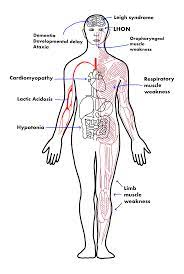
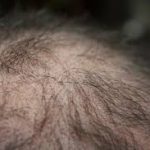
Zinc deficiency is now known to be a major malnutrition problem worldwide, and inadequate intake of zinc is one of the main causes. According to the World Health Organization, millions of people throughout the world may have inadequate levels of zinc in their diets.
As a matter of fact, zinc deficiency is the fifth most important risk factor for disease globally. It happens when your diet lacks sufficient zinc-rich foods or when you have impaired gut integrity or digestive issues that make it difficult for you to absorb zinc.
Zinc is used by your body for cell formation and the immunological system. Zinc is still largely unknown, but we do know that it is essential for growth, sexual development, and reproduction.
A zinc deficiency not only prevents your body from forming new, healthy cells. This results in symptoms like:
- Inexplicable drop in weight
- Wounds that refuse to mend
- Absence of awareness
- Diminished ability to taste and smell
- Diarrhea
- Appetite decline
- Open lesions on the body
Dietary Sources of Zinc:
Zinc is found in a variety of foods, with animal sources generally providing higher levels of zinc than plant sources. Rich sources of zinc include:
- Meat: Beef, pork, lamb, and poultry
- Seafood: Oysters, crab, lobster, and shrimp
- Dairy Products: Milk, cheese, and yogurt
- Legumes: Lentils, beans, and peas
- Nuts and Seeds: Pumpkin seeds, cashews, and almonds
- Whole Grains: Fortified cereals and whole-grain bread
Recommended Daily Allowance (RDA) of Zinc:
The RDA for zinc varies depending on age and sex. For adults, the RDA is 8 milligrams (mg) per day for women and 11 mg per day for men. Pregnant women require an additional 2 mg per day, while lactating women need an extra 5 mg per day.
Zinc Deficiency and Hair Loss:
Zinc deficiency is a significant global health concern, affecting an estimated 30% of the world’s population. Symptoms of zinc deficiency can include hair loss, growth retardation, impaired immune function, and diarrhea.
Preventing Zinc Deficiency and Promoting Hair Health:
To ensure adequate zinc intake and promote healthy hair, consider incorporating zinc-rich foods into your diet. If dietary intake is insufficient, zinc supplements may be recommended under the guidance of a healthcare professional.
Additional Tips for Healthy Hair:
In addition to maintaining adequate zinc intake, consider these tips for promoting healthy hair:
- Regular Scalp Massage: Improve blood circulation to the scalp, stimulating hair follicles and promoting growth.
- Deep Conditioning: Nourish and moisturize your hair, preventing breakage and dryness.
- Protect Hair from Damage: Avoid excessive heat styling and harsh chemicals, which can weaken hair shafts.
- Manage Stress: Chronic stress can contribute to hair loss. Practice stress-reducing techniques like yoga or meditation.
Conclusion:
Zinc, an essential mineral, plays a crucial role in maintaining hair health and overall well-being. By incorporating zinc-rich foods into your diet and following healthy hair practices, you can promote strong, healthy hair and enjoy its many health benefits.
